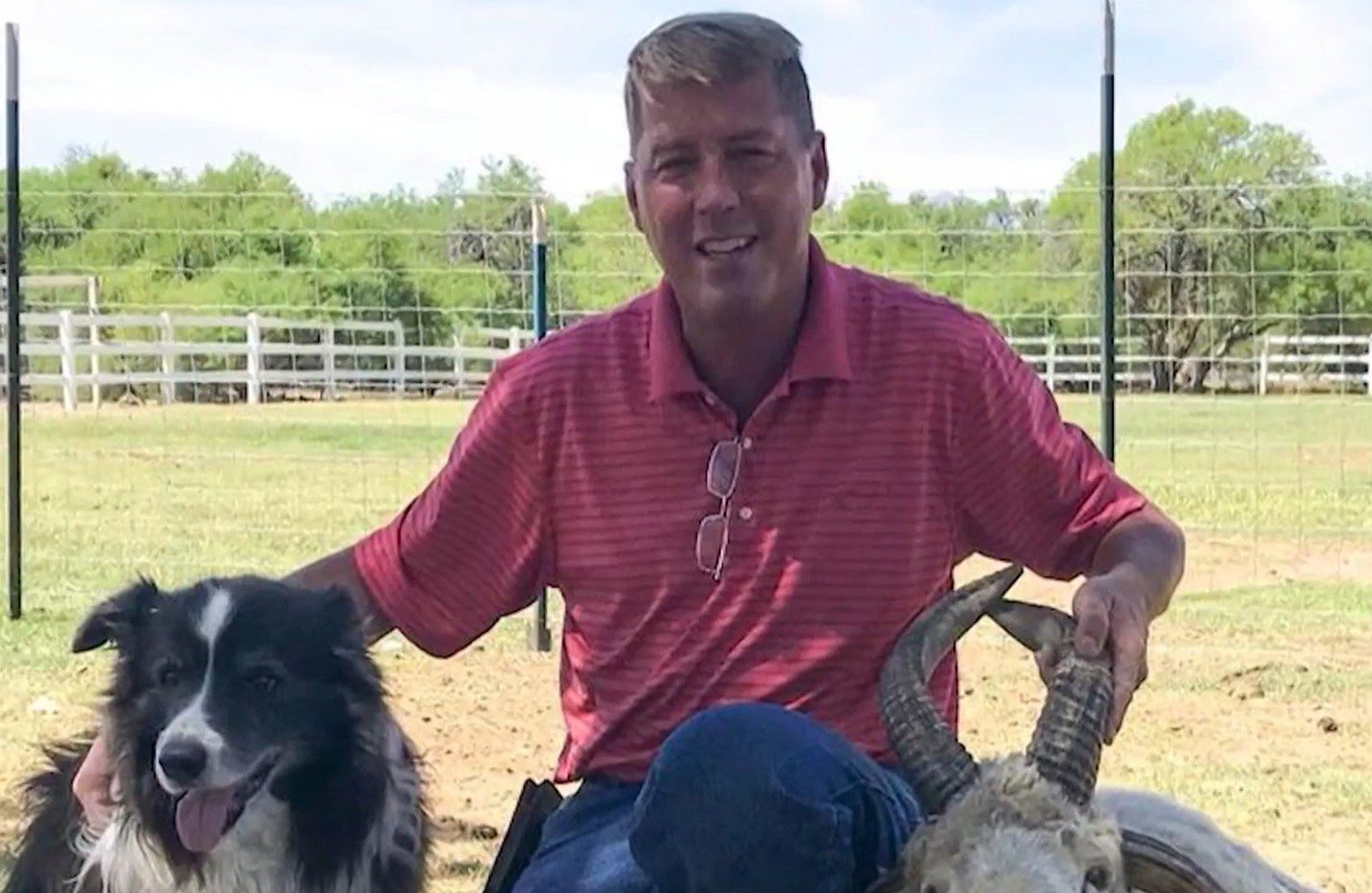Jessica Dean is a highly respected plaintiff lawyer who has spent the past 20 years defending working people against corporate malpractice and negligence. A well-known name in the legal community, Dean has been honored as a Texas Super Lawyer and a Top 500 Consumer Plaintiff Attorney by Lawdragon. She was featured in National Law Journal’s Top Verdicts Nationwide in 2017 and 2018. Dean is a partner and co-founder of the Dallas law firm Dean Omar Branham Shirley.
Featured Image VIA
In a recent interview, Jessica Dean shared some insight into going head-to-head with the world’s largest companies. Below, we’ve recapped some of her tips for success in and out of the courtroom.
A Closing Argument Begins Pretrial
Jessica Dean spoke at length on her closing argument strategy, which is considered by her and most lawyers to be the pivotal moment of a trial. She begins formulating her closing arguments even before a trial begins.
“The minute you get your verdict form and jury charge, highlight everything you want to be put into a Keynote or PowerPoint [for closing argument],” she says.
Not only does this frame her work throughout the case, but it also makes it much easier for the jury to follow.
While Dean begins building her closing argument early, she understands the need to update what she will argue at every turn — even up to the final moments of the closing arguments. “Sometimes, someone is working on the last 100 slides while I’m talking,” she says.
Don’t Be Afraid To Get Emotional
Many lawyers believe that showing emotion in the courtroom can be off-putting to a jury. But Dean believes that genuine emotion has the opposite effect — as long as those emotions are channeled correctly.
Crying for sympathy for the plaintiff is rarely effective, but anger towards a negligent corporation can have a motivating effect. This is especially powerful when the jurors are made to feel the weight of their responsibility as the deliverers of justice.
“I think anger and justice are much more motivating than sympathy,” Dean explains. “I don’t want you to think I’m describing things to get your sympathy. I want you to understand there’s something wrong.”
Passion Fuels A Healthy Work Ethic
Burnout is a serious threat to plaintiff lawyers, and Jessica Dean admits to having a less-than-ideal work-life balance.
“During trials, I typically work 18-20 hours per day,” she says.
However, according to Dean, finding something you’re passionate about and surrounding yourself with passionate people is the key to maintaining your edge in tough times. For Dean and her associates, that passion is fighting for families suffering from mesothelioma, faulty products, injury, and more.
“You need to have something that you are willing to fight for and that gives your life purpose to really justify staying in this line of work,” she says.
Learning From Losses
Losses can be devastating for Jessica Dean. Families put their trust and hope in her, and when things don’t turn out in their favor, it’s not easy to move on.
However, she has realized that losses are inevitable, especially when going up against massively powerful corporate entities.
If you’re doing this right, you’re still going to mess things up,” Dean explains.
But not all losses are total failures. Dean has realized that even when losses happen, there is often a bright side. Lawyers can still get financial security for families and show them that they’re not alone during the worst times of their lives. This gives Dean the motivation to continue fighting the good fight.
“I have a dozen people that truly think of me as family,” Dean says. “No matter what happens in the case, it’s invaluable to have your clients know you are fighting for them.”
Embrace Mentors and New Perspectives
Working in law can feel isolating and somewhat disorienting, especially as a young lawyer. Jessica Dean argues that the key to navigating through tough times is to surround yourself with the right people.
“When I was a young lawyer, I had no idea what motivated me or what I cared about, and I didn’t have a lot of guidance,” Dean recounts. Instead of isolating herself, Dean chose to embrace the guidance of three mentors in her field who helped her discover her calling.
“Finding out what you care about through other people who have done it longer than you and can mentor you on that path is the most important thing you can do,” Dean relates.
Now, Jessica Dean is in a position to mentor others. But she still believes it’s important to open oneself up to new perspectives as often as possible. She recommends connecting with someone who has more professional experience than you – as well as those who may be newer to the field – every few years to “open your eyes to different ways the world is seen.”
“Making connections with others in your field and finding someone that motivates you can be life-changing.”















